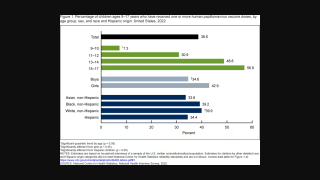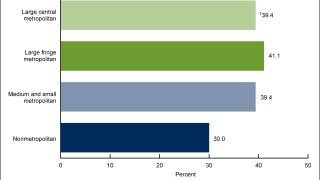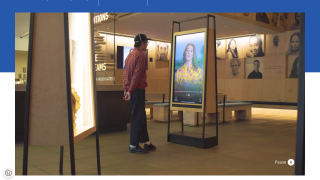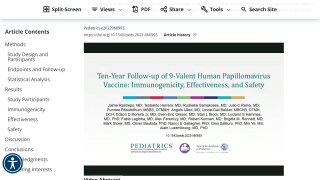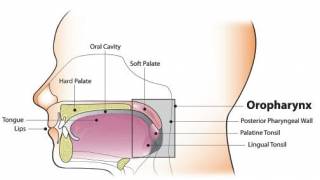Teen Vaccination Status Indicates COVID-19 Vaccine Acceptance

According to a Research Letter published by JAMA Pediatrics, teenagers were more likely to get a COVID-19 vaccination if they had received at least one HPV, meningitis, and/or tetanus, diphtheria, and Tdap vaccine dose.
This cross-sectional study, published on December 12, 2022, investigated associations between routine adolescent vaccination status and parental intent or hesitancy to get a COVID-19 vaccine for their adolescent.
For example, of the parents that responded to the survey, teenagers who were vaccinated against HPV, 63.8% said their teen had already been vaccinated against COVID-19.
Two doses of the HPV vaccine are recommended for 11 or 12 years in the U.S.
Immunogenicity studies have shown that two doses of HPV vaccine given to 9–14-year-olds at least six months apart provided good or better protection than three doses given to older adolescents or young adults.
As of April 14, 2022, among teenagers, COVID-19 vaccination coverage (≥1 dose) was 68%, lower than other vaccines routinely recommended for adolescents.
The U.S. National Center for Immunization and Respiratory Diseases and Centers for Disease Control and Prevention (CDC) researchers analyzed results from the National Immunization Survey COVID Modules for children and teens from July 22, 2021, to February 26, 2022.
In the U.S., HPV vaccination for adolescents has been recommended for women since 2006 and for men since 2011.
During 2022, the GARDASIL 9® vaccine has most often been administered in the U.S.
This HPV vaccine protects people against diseases caused by nine types of human papillomavirus: cervical, vaginal, and vulvar cancers in females, anal cancer, specific head and neck cancers, and genital warts in males and females.
Additional HPV vaccine news is posted at PrecisionVaccinations.com/HPV.
PrecisionVaccinations publishes fact-checked, research-based vaccine information manually curated for mobile readers.
Our Trust Standards: Medical Advisory Committee







